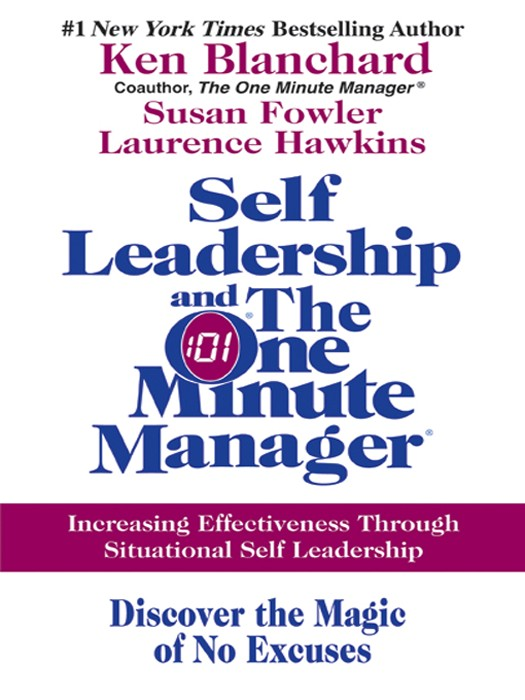
Self Leadership and the One Minute Manager
Increasing Effectiveness Through Situational Self Leadership
کتاب های مرتبط
- اطلاعات
- نقد و بررسی
- دیدگاه کاربران
نقد و بررسی

May 30, 2005
Blanchard, author of the bestselling One Minute Manager, has a made a career out of writing the business equivalent of Jonathan Livingston Seagull. The self-appointed "Chief Spiritual Officer" of Ken Blanchard Companies, he portrays a business world in which magic tricks and mentors encountered in bohemian cafes lead troubled employees to promotions and advertising awards. Blanchard's point here is that managers are too busy and distracted to effectively mentor employees and that workers need to assume responsibility for their own failures and successes-seeking the advice of superiors only when they absolutely need to. This is undeniably true. The modern workplace-an uncertain world where layoffs and reorganizations occur with unsettling frequency-requires self-reliance. However, in Blanchard's "business parable," self-reliance is found amid a background of invariably cheerful coworkers, loving, maternal bosses and implausibly charming strangers. Blanchard's first maxim is correct: "Ultimately, it's in your own best interest to accept responsibility for getting what you need to succeed in the workplace." But readers may find his fairytale enactment of it too saccharine to be practical.

June 6, 2005
Blanchard, author of the bestselling One Minute Manager, has a made a career out of writing the business equivalent of Jonathan Livingston Seagull. The self-appointed "Chief Spiritual Officer" of Ken Blanchard Companies, he portrays a business world in which magic tricks and mentors encountered in bohemian cafes lead troubled employees to promotions and advertising awards. Blanchard's point here is that managers are too busy and distracted to effectively mentor employees and that workers need to assume responsibility for their own failures and successes-seeking the advice of superiors only when they absolutely need to. This is undeniably true. The modern workplace-an uncertain world where layoffs and reorganizations occur with unsettling frequency-requires self-reliance. However, in Blanchard's "business parable," self-reliance is found amid a background of invariably cheerful coworkers, loving, maternal bosses and implausibly charming strangers. Blanchard's first maxim is correct: "Ultimately, it's in your own best interest to accept responsibility for getting what you need to succeed in the workplace." But readers may find his fairytale enactment of it too saccharine to be practical.
Copyright 2005 Library Journal, LLC Used with permission.

























دیدگاه کاربران